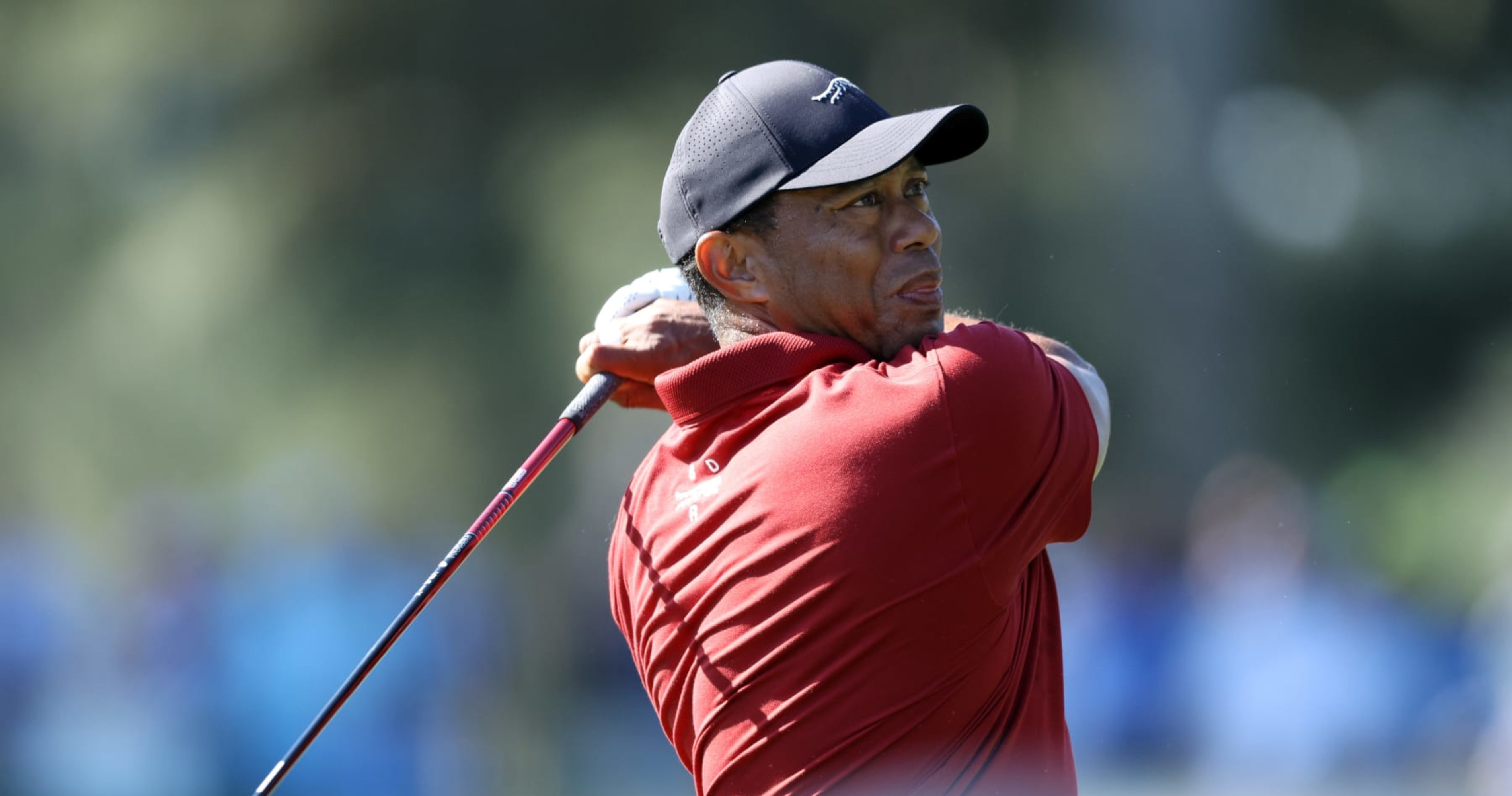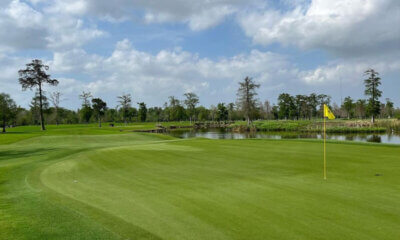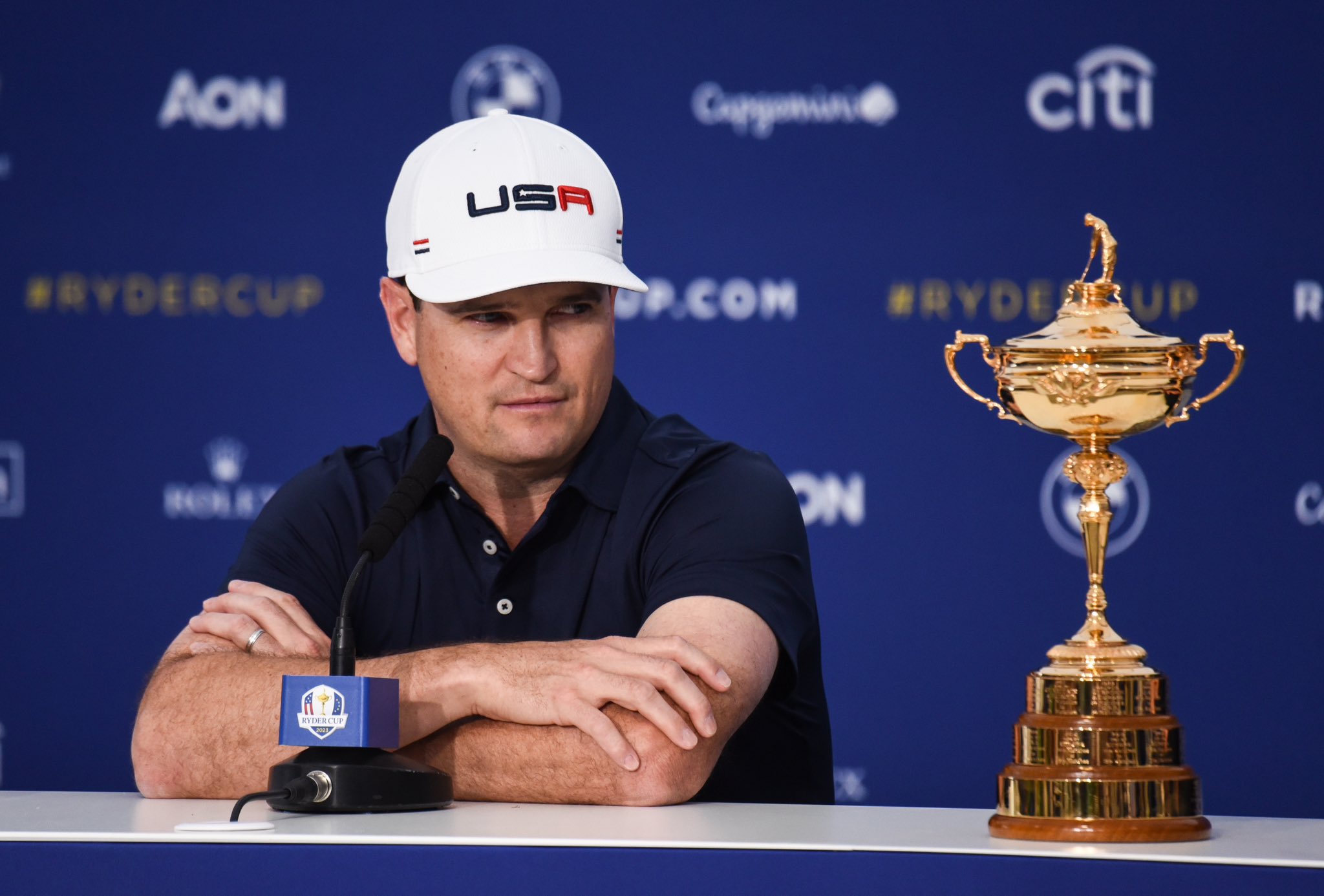Equipment
Golf Equipment Basics: Forged Irons vs Cast Irons
 As technology continues to improve, and costs of manufacturing are steadily decreasing, we’re starting to see an increased number “forged” irons hitting the market. Traditionally, cast irons have been cheaper to manufacture and are primarily used by beginners who needed more assistance with their swing. Forged irons on the other hand have historically been more costly to produce and are more commonly played by pro-level golfers who require less forgiveness from their club.
As technology continues to improve, and costs of manufacturing are steadily decreasing, we’re starting to see an increased number “forged” irons hitting the market. Traditionally, cast irons have been cheaper to manufacture and are primarily used by beginners who needed more assistance with their swing. Forged irons on the other hand have historically been more costly to produce and are more commonly played by pro-level golfers who require less forgiveness from their club.
So what is the real difference? To begin with, forged irons are molded from one solid block of metal and then pounded into shape. They are then grounded and milled with the required grooves and lettering. Cast irons on the other hand are created simply by pouring liquefied metal into a die cast which forms the shape, grooves, and hole-cavities of the club all in one process. But the difference doesn’t just lie in how they are made; it’s how they are played.
Forged irons are created with a less forgiving nature due to a smaller sweet spot that ultimately requires better aim and a more steady swing. For this reason, forged irons have always been considered a more advanced club. The primary benefit of the forged iron is that the sweet spot, although smaller, is more consistently focused due to the overall consistency of the club head (since it is formed from one single piece of metal). Therefore, forged irons, although tending to have a smaller sweet spot, also have a greater focus of weight in the center of the club verses cast irons which tend to have a greater weight distribution along the edges of the club. What this all means is that cast irons tend to have a bigger, more forgiving sweet spot, whereas forged irons display a smaller, but more powerful and more concentrated sweet spot.
At this point you may be asking yourself, “I’m certainly no pro, so why would I invest the extra money and effort into forged irons?” The answer is a matter of personal preference and more or less lies in a tipping point of consistency with your swing. The general rule of thumb is that when a golfer’s swing rhythm and routine is consistent enough to make solid, sweet spot contact 95% of the time, they should consider a forged iron for better performance. We recommend forged irons for the lower handicap golfers who display solid consistency but are considering taking their game to a more competitive level.
As for everyone else, cast irons are much more forgiving and high handicap golfers will get better consistency as they offer less vibration and better ball flight on a miss hit than would be scene with a forged iron.
So when deciding on purchasing forged irons vs cast irons keep in mind that the club head is very important when selecting a club, but don’t overlook the importance of shaft selection as well. Make sure you research the difference between stiff and regular golf club shafts before making your purchase. We also recommend stopping in at any golf store to get fitted by a pro. They will be able to tell you exactly what club type is best designed for your golf swing. Additionally, many advancements in computer and simulator technology can be employed to give you a good idea of how well your swing is connecting with the sweet spot.
-

 News2 days ago
News2 days agoPGA Tour Loyalty Payouts Revealed: Tiger Woods Stands to Make The Most
-
News1 week ago
‘It’s Quite Nauseating’: Max Homa on Current State of Men’s Pro Golf
-

 Fantasy Golf Predictions4 days ago
Fantasy Golf Predictions4 days agoFantasy Golf Picks, Odds, and Predictions – 2024 Zurich Classic
-
News1 week ago
The Masters TV Ratings Were Down 20%, But What Does it Mean?
-

 News1 week ago
News1 week agoRory McIlroy Clarifies LIV Rumors — Is He Going or Not?
-
News1 week ago
The PGA Championship is Set to Return to Kiawah Island!
-

 News3 days ago
News3 days agoPGA Tour Players Who Rejected LIV Golf Offers Set to Find Out How Much Their Loyalty is Worth
-

 LIV Golf Tour1 week ago
LIV Golf Tour1 week agoPhil Mickelson Makes Boldest Claim Yet That LIV Golf May Change Its Format












